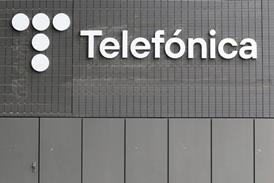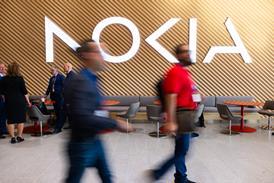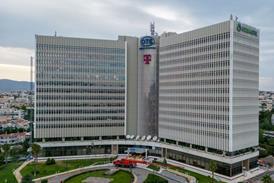Close menu
- Home
- Telcos
- Network & IT
- Infra
- People
- Finance & Strategy
- Events
- Regions
- Thought Leadership
- Premium
- TelcoX EMEA Leadership & Performance Study
Hrvatski Telekom agrees flat-rate pay rise
Harry Padoan2022-10-13T14:33:00

Deal to result in net pay rise for all HT employees.
Register for free to continue reading this article
Already registered? Sign in here.
Join the TelcoTitans community and continue reading this article
By registering for a free account, you will get immediate access to the rest of this article, plus:
- Enhanced access to TelcoTitans with three free article views per month
- TelcoTitans Daily and Weekly newsletter briefings
“The detail is very good. Better than we get internally.” – GM, Vodafone OpCo
Want full access to TelcoTitans content? Check out our subscription options.























